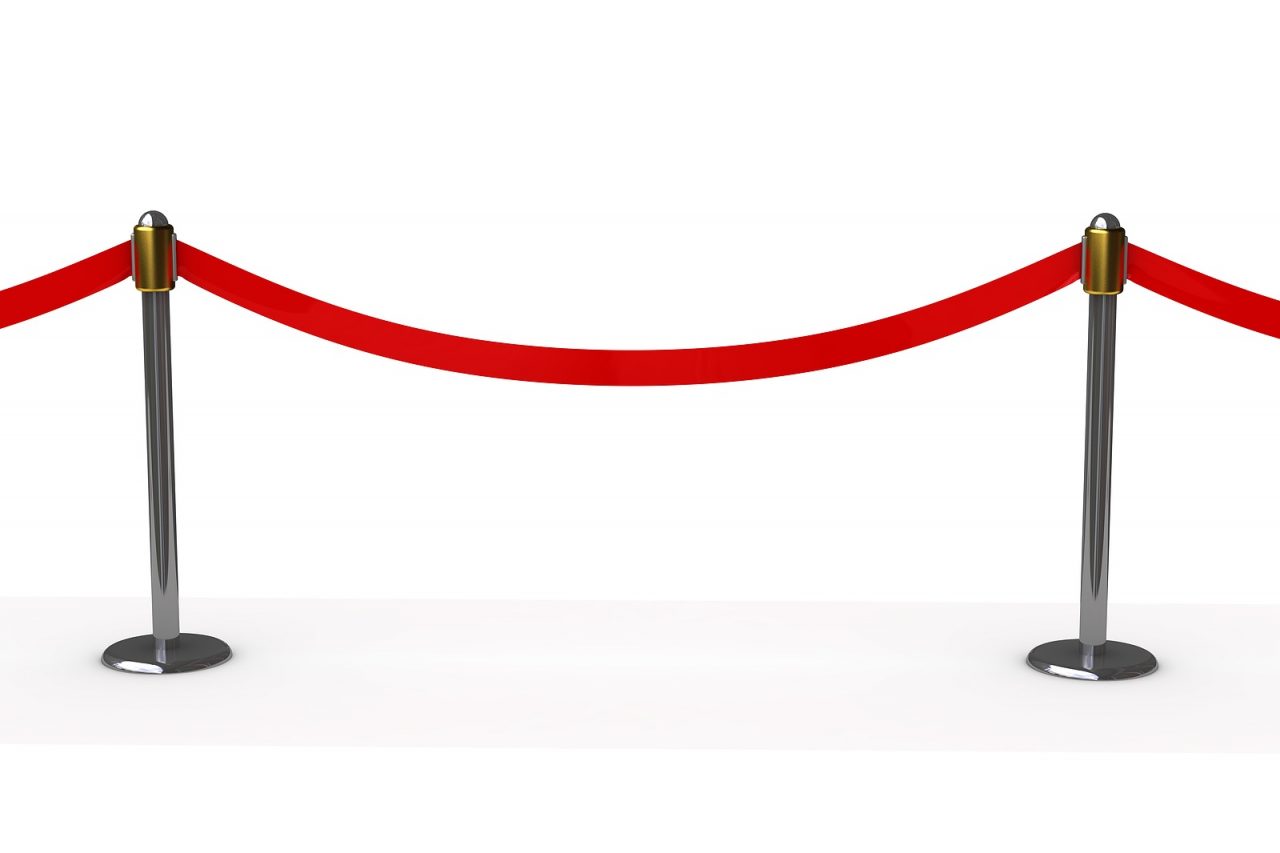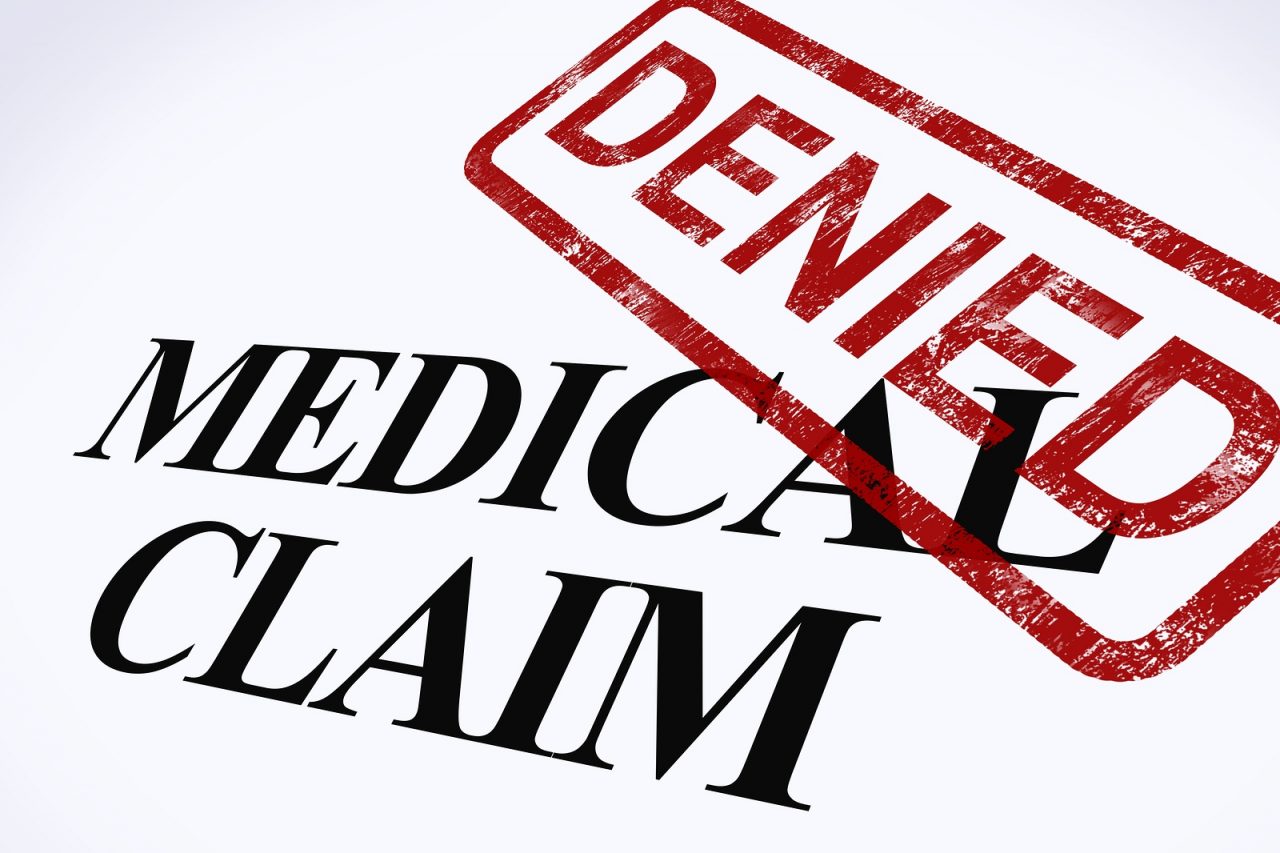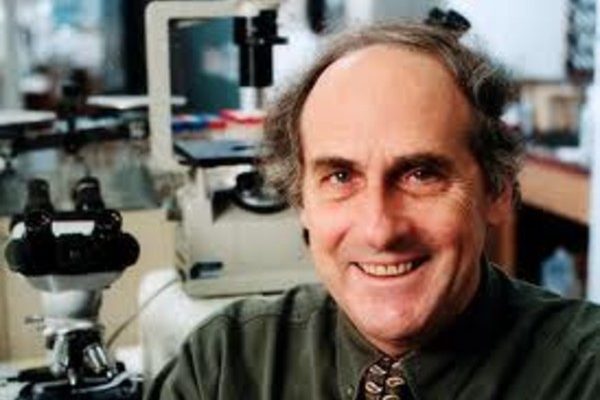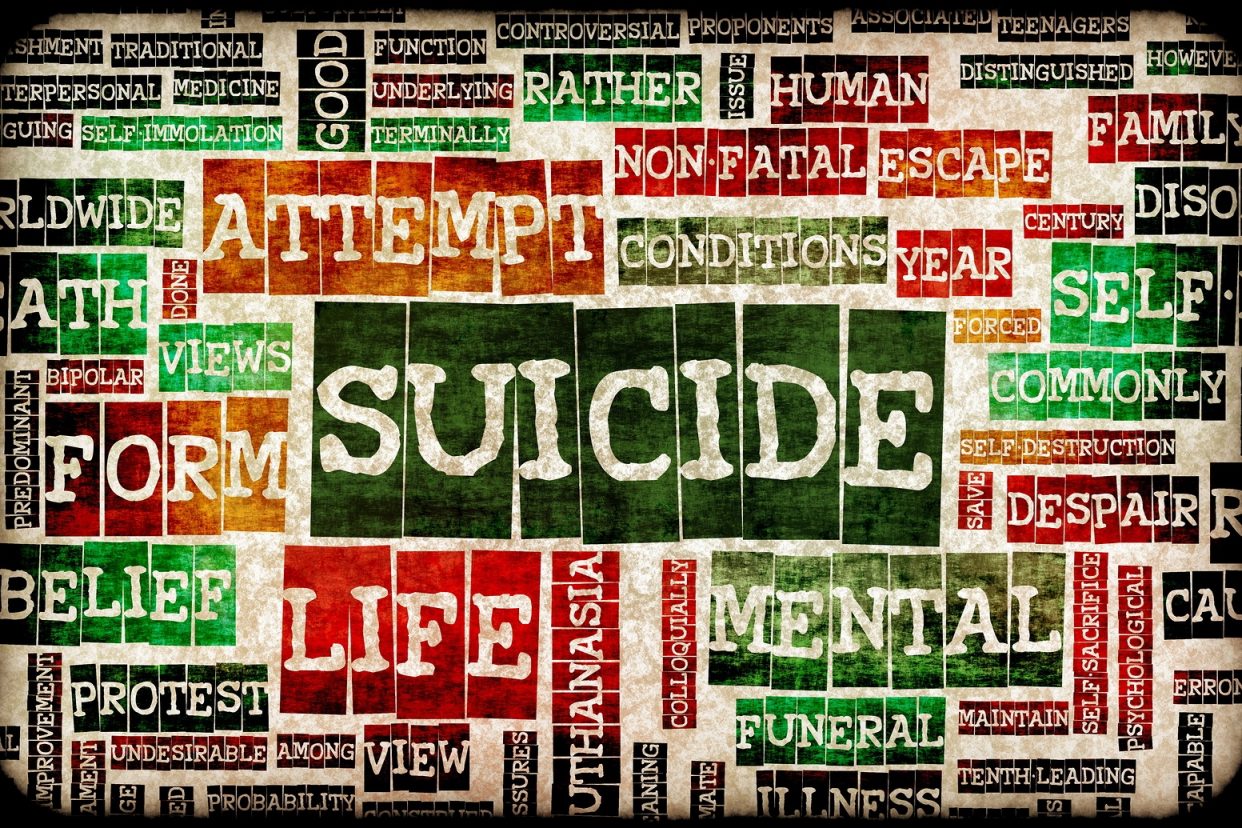In a manner that could only happen in the State of New Jersey, medical education is being reborn. For 30 years, the State’s medical schools have been a semi-independent organization, reporting directly to Trenton. Now, they have now been absorbed into the State University, Rutgers.
This is a cataclysmic transformation in the administration and politics of medical education in our State. As such, it gives us the opportunity to consider how we teach medical students, interns, residents and fellows. If we assume, as I do, that much of what is wrong with medical care in this country is because of the failure of medical schools and training programs to prepare doctors for the actual practice of medicine, what should we teach in this nascent “Medical School of Tomorrow?”
In addition to having spent a career in private practice, I have long held a volunteer teaching position at the Medical School, and serve on various committees of our primary teaching hospital and local community. This affords me an intimate involvement in one world, and a committed observer’s view of others. I have worked with premed, med and post-grad doctors. So, if I were going to redesign medical school and residency education, with a mind toward the realities of the daily practice of medicine, what would I do?
Medical schools focus on an analytical view of health and medicine. Students are taught core subjects, such as anatomy, pharmacy and pathology, as pure science, outlined by objective measurement. Proof is demanded and that proof requires analysis supported by robust statistics. While every student may say, “I want to go into medicine to help people,” in reality, students are picked for their scientific acumen and then taught using the concepts of laboratory research. This system has produced decades of physician scientists, myriad medical breakthroughs, a profession that prides itself on recruiting the finest minds, and a healthcare system in chaos.
The problem is that the real world is not a lab. It is not neat, straight, nor objective. It is complex, political, emotional and highly competitive. It is not enough to know the science and hang out a shingle. Doing your best is a receipt for failure. The four “A”s of survival in the real world, in order of importance, are Availability, Affability, Appearance and (last) Ability, and if you do not figure that out fast, you are going to go hungry.
Not only is disease complex (i.e. the average patient does not have breast cancer; they have breast cancer, diabetes, hypertension, obesity, an angry husband, inadequate insurance and denial) but the world in which disease blossoms is convoluted. Medical schools have generally seen the world from objective isolation and have not prepared doctors for actual practice.
In the real world, patients cannot afford their drugs and even if they can, they do not comply because many do not understand even the most careful explanation of their illness and treatment. Doctors receive little training in how to handle their patient’s fear, poor health education, and mistrust or how to compensate for the lack of time in the average day. Drastic recent cuts in the allowed hours for intern and resident training have made this situation worse, as recent grads are getting even less exposure to actual medical practice.
In medical school drugs are called by their generic names (i.e. “liposomal doxorubicin”) and described by chemical structure and synthesis; in daily practice drugs are never called by their generic labels, they are instead presented as commercial brands (i.e. Doxil), and are pushed through multicolored media campaigns sold by attractive men and women. Doctors in training have never been told how to handle long-legged, short-skirted drug sales reps, who are often the only ones supplying legible, if highly biased, information. Physician students are given no orientation to balancing data verses highly aggressive marketing, such as occurs for drugs, procedures and medical devices.
Can you take gifts of medical books? How about dinners? How do you deal with insurance companies that do not pay what they say, cap payments below survival levels and offer insurance contracts which are usurious? How do you train employees and structure your relationship with them? Is it wrong to make a good salary? What is too much? How do you balance income and service to the community? How do you survive emotionally when you are sued for malpractice?
Each day physicians make labyrinthine life or death decisions, but they receive almost no formal training in decision theory. We talk about the importance of creating a differential diagnosis, but not how to analyze that list. Research shows that one of the main causes of high medical cost and mistakes are logic errors.
In short, Medical Schools do not train doctors how to implement the objective science they have memorized. Students do not learn about leadership, politics, accounting, banking, the law, finance, informatics, business ethics, social media, employee relations, community involvement, media or sales. They are thrust, exhausted, into a chaotic world of practice and we simply hope that senior docs will mentor them, even though they too never had this broader education. It is akin to training pilots to take off, but not fly, chefs to prepare, but not cook or professors to learn, but not teach.
Medical schools have sat in their silos for too long. The result of this culture of education has been brilliant, compassionate, committed physicians who, because they know nothing of real life, are equally isolated. It is time for schools to understand that their role is to show doctors how to implement sterile science, in a messy world. Physicians balance the tools of medicine with the needs of the individual patient. No one else can assume this role. However, this will be possible only if medical schools recognize that they must not only teach health research to their students, but create renaissance physicians, who will be the leaders of tomorrow.







4 Comments